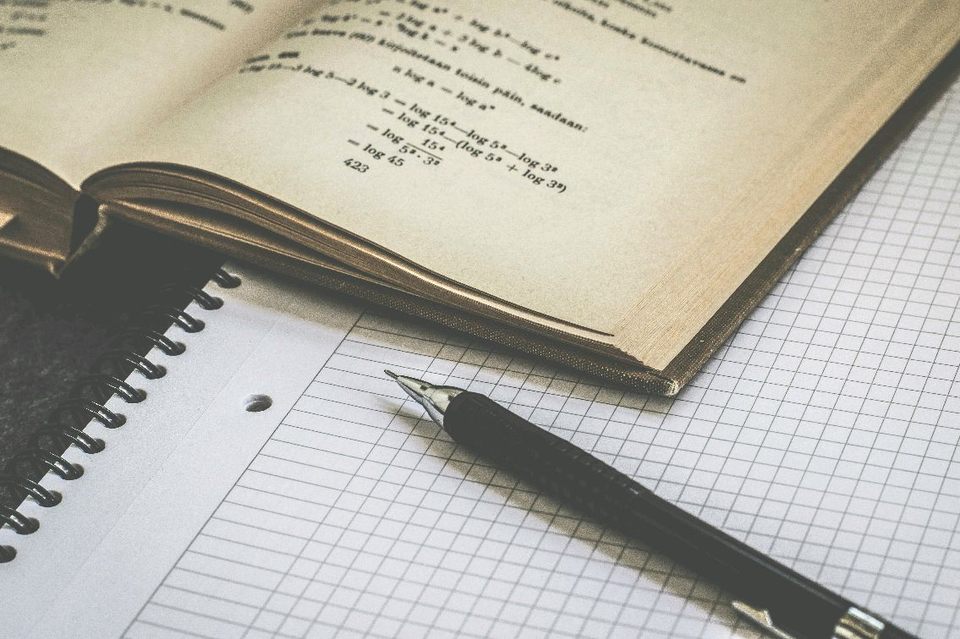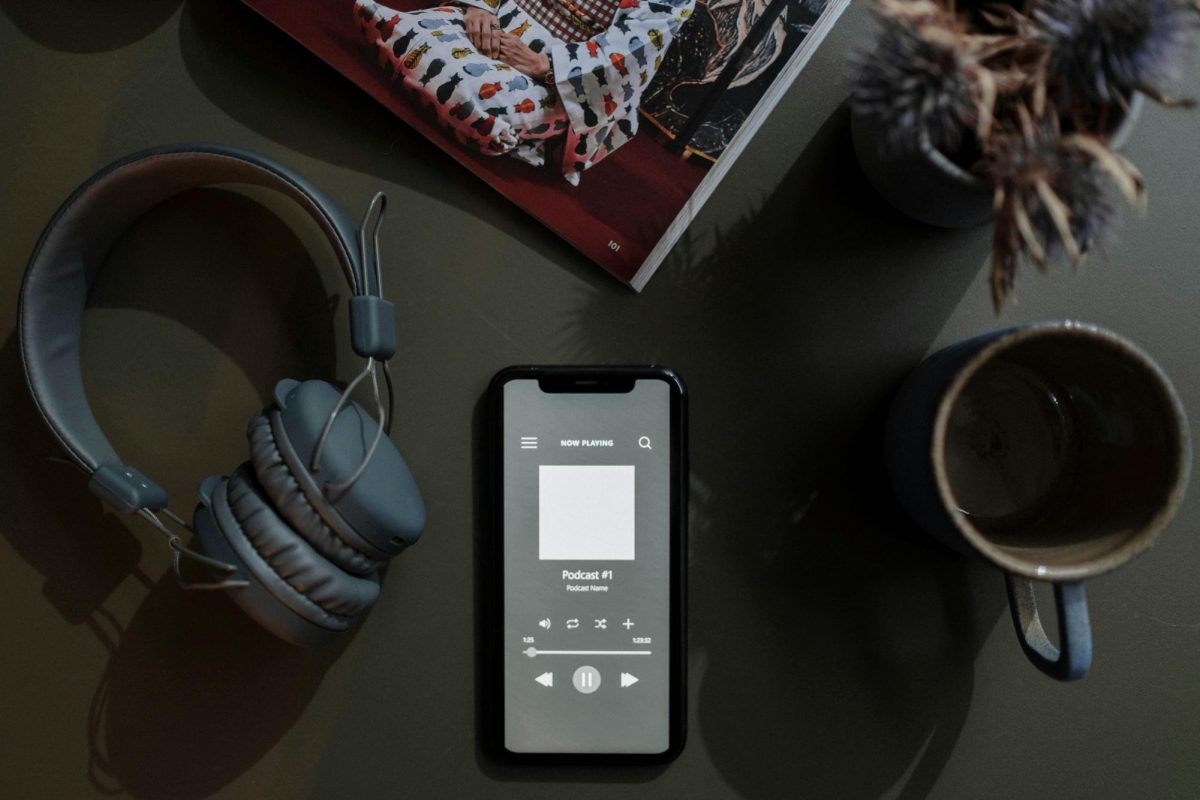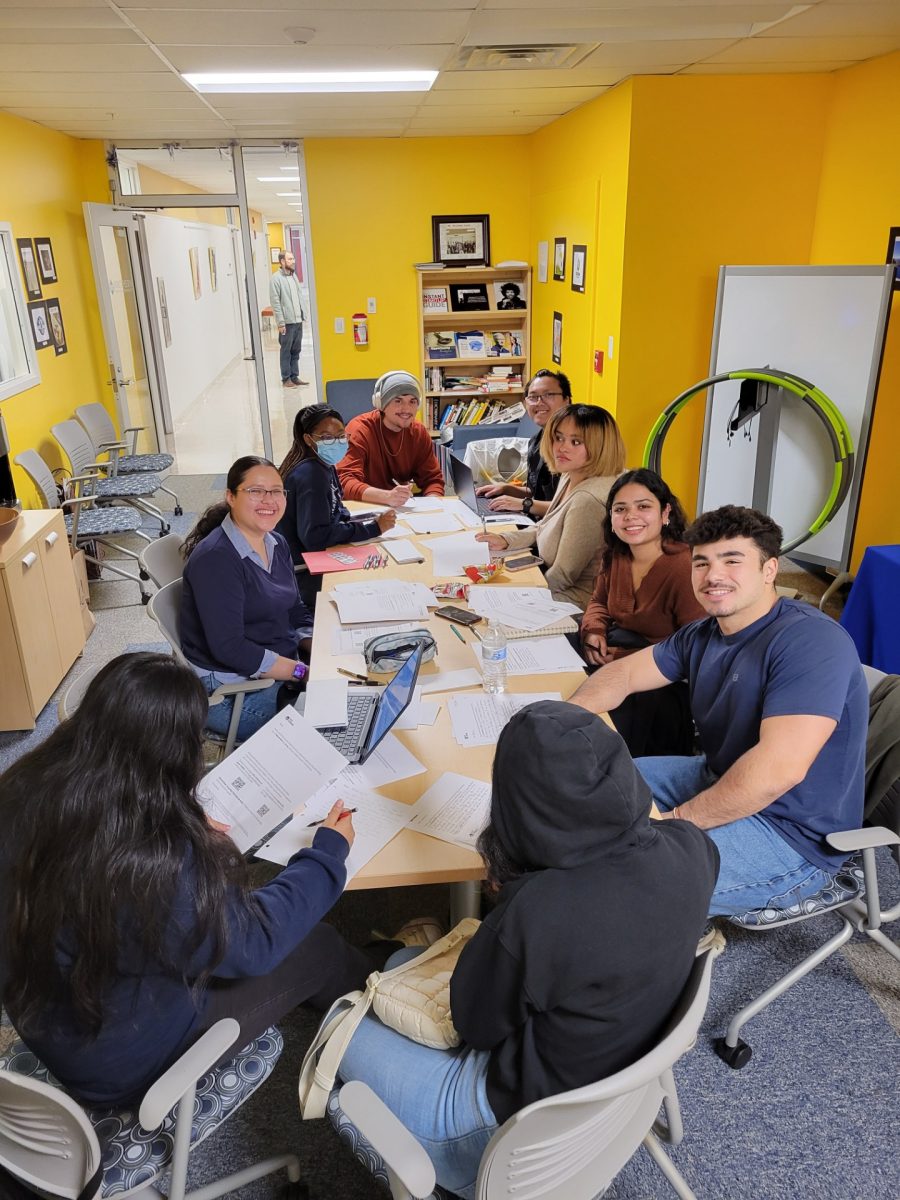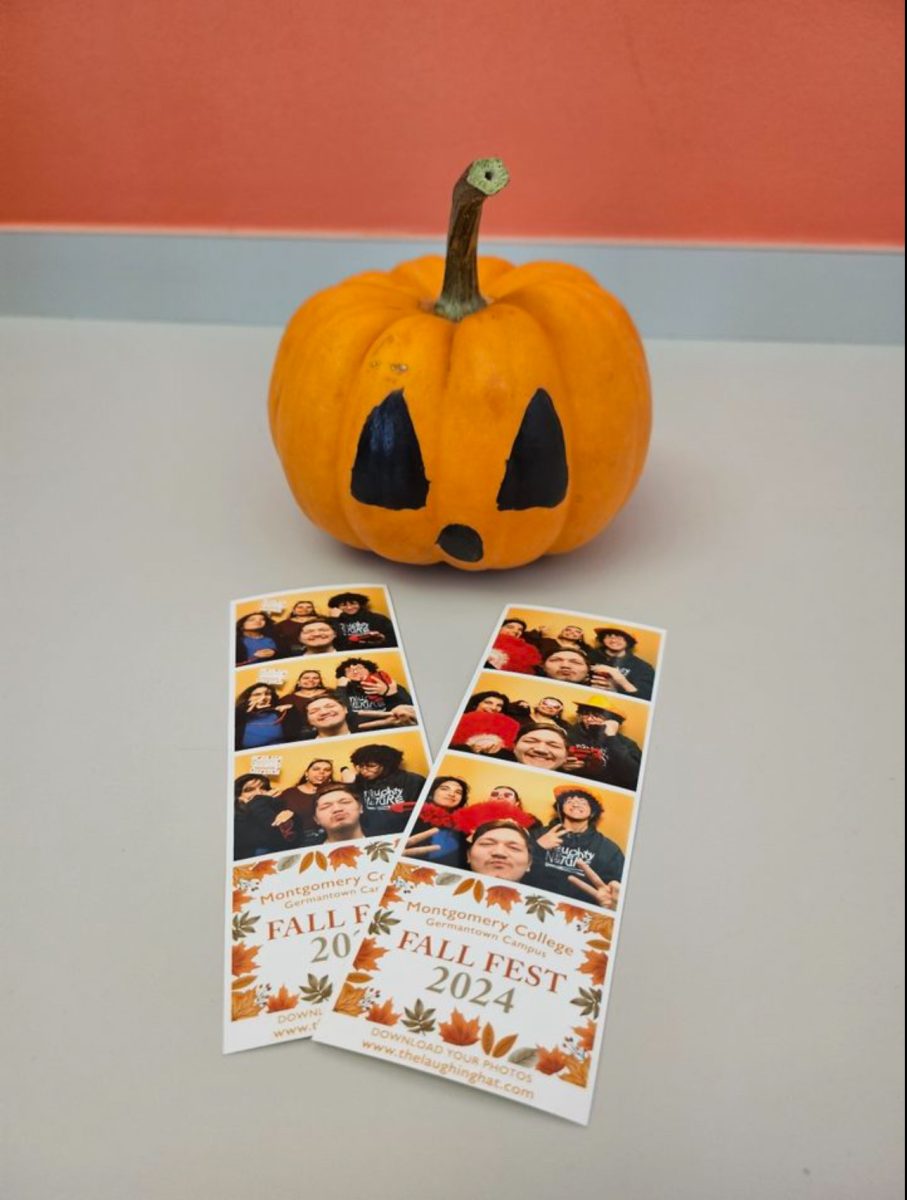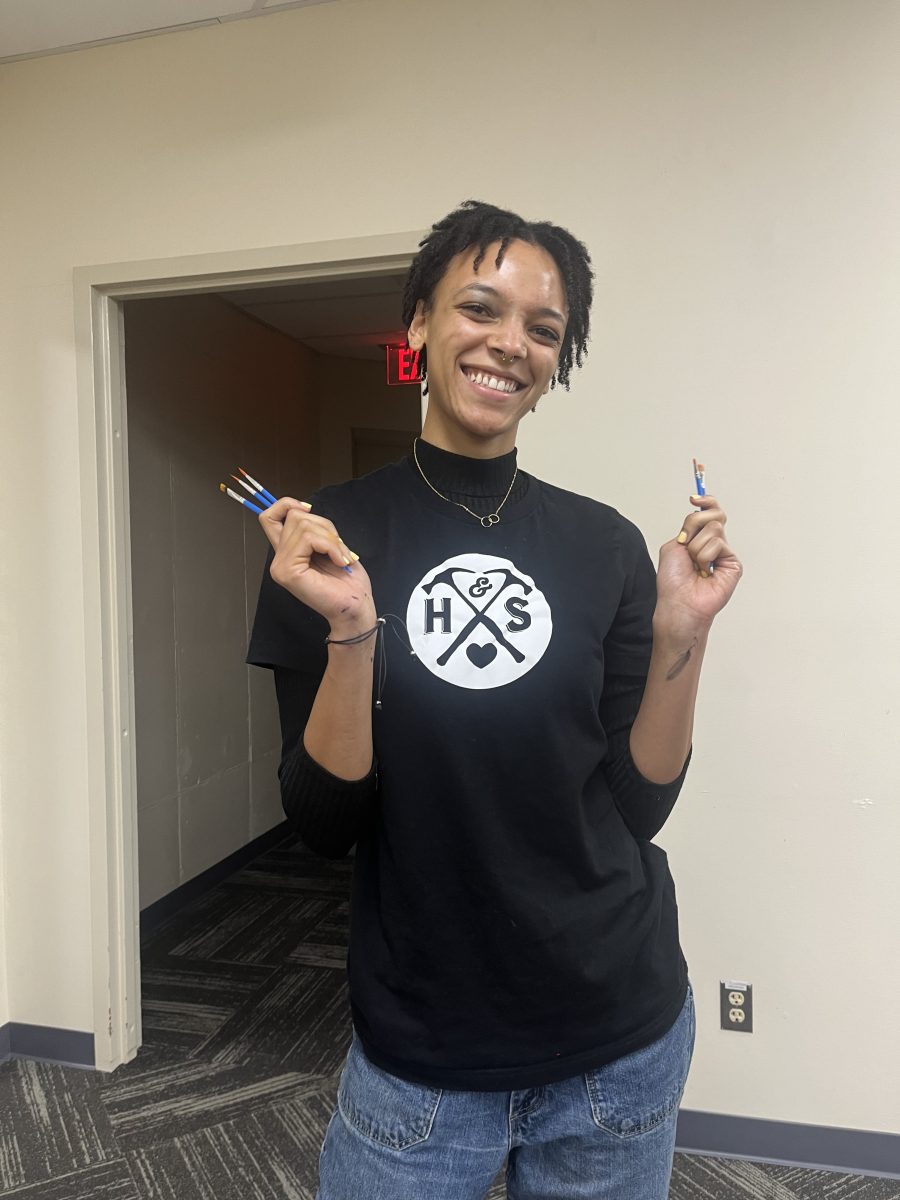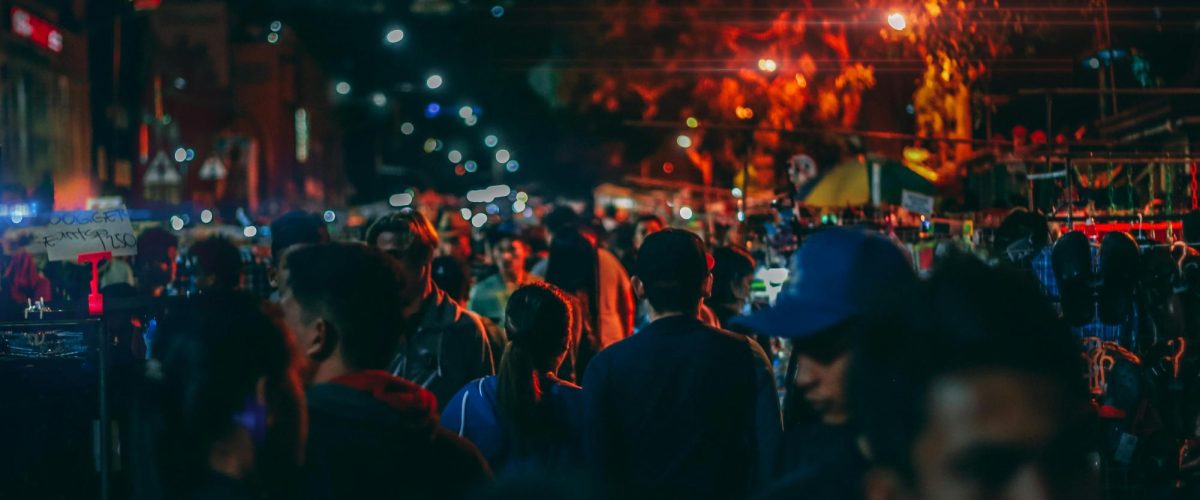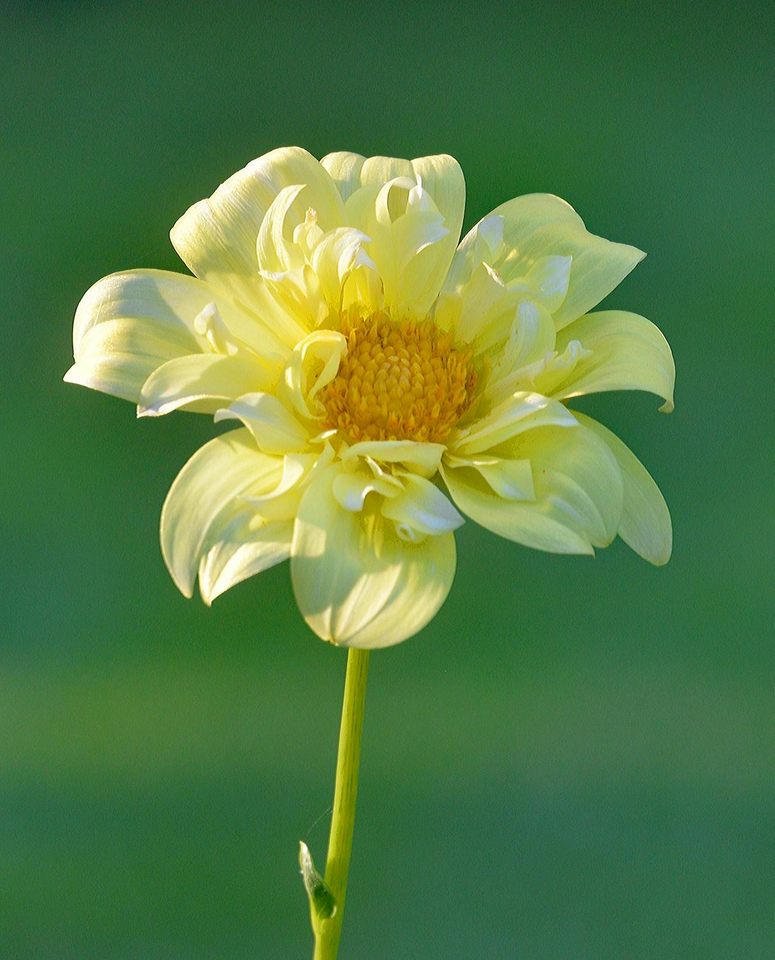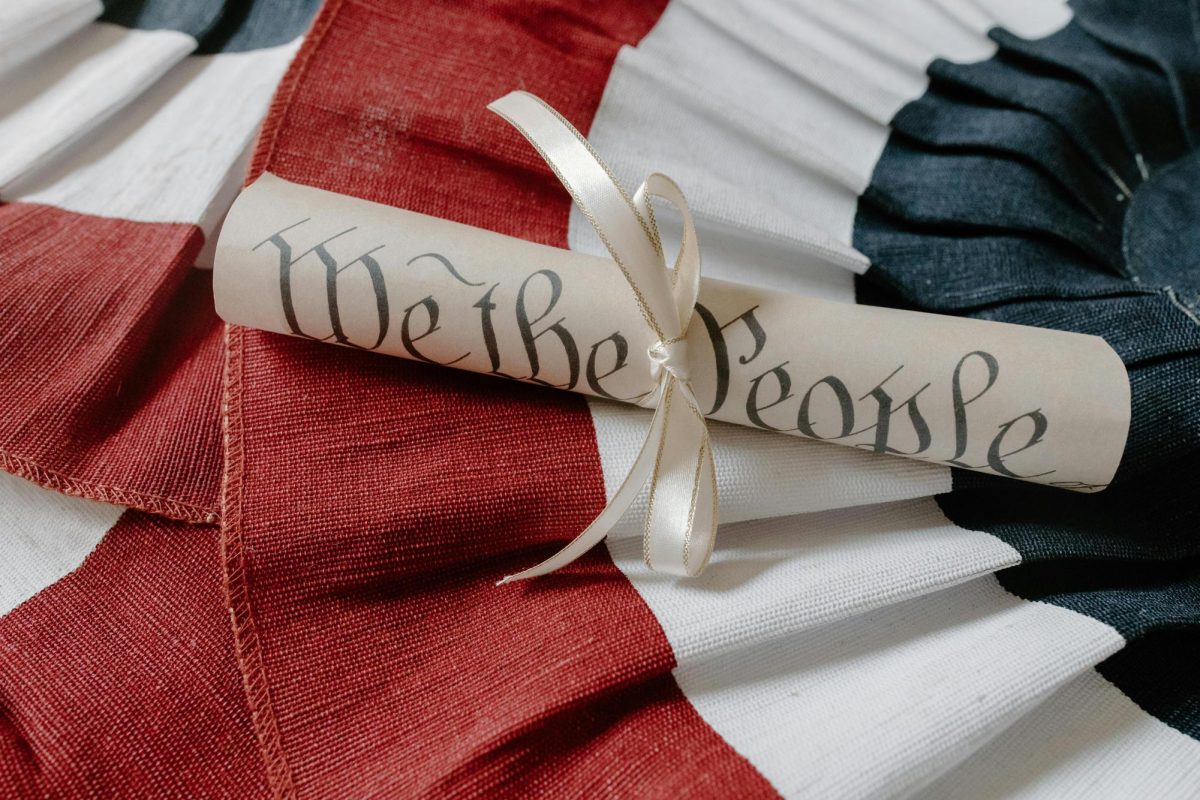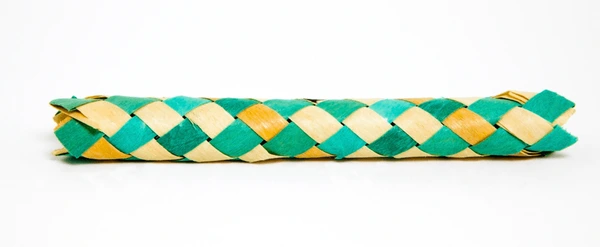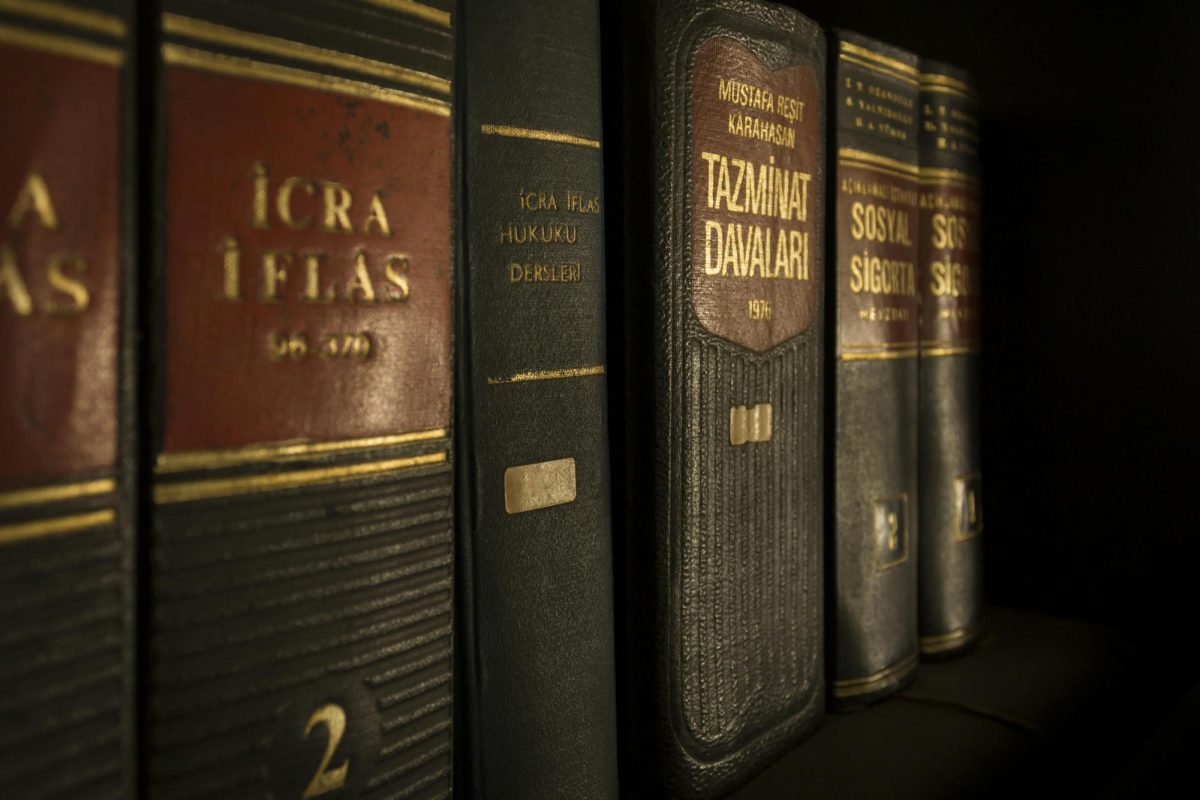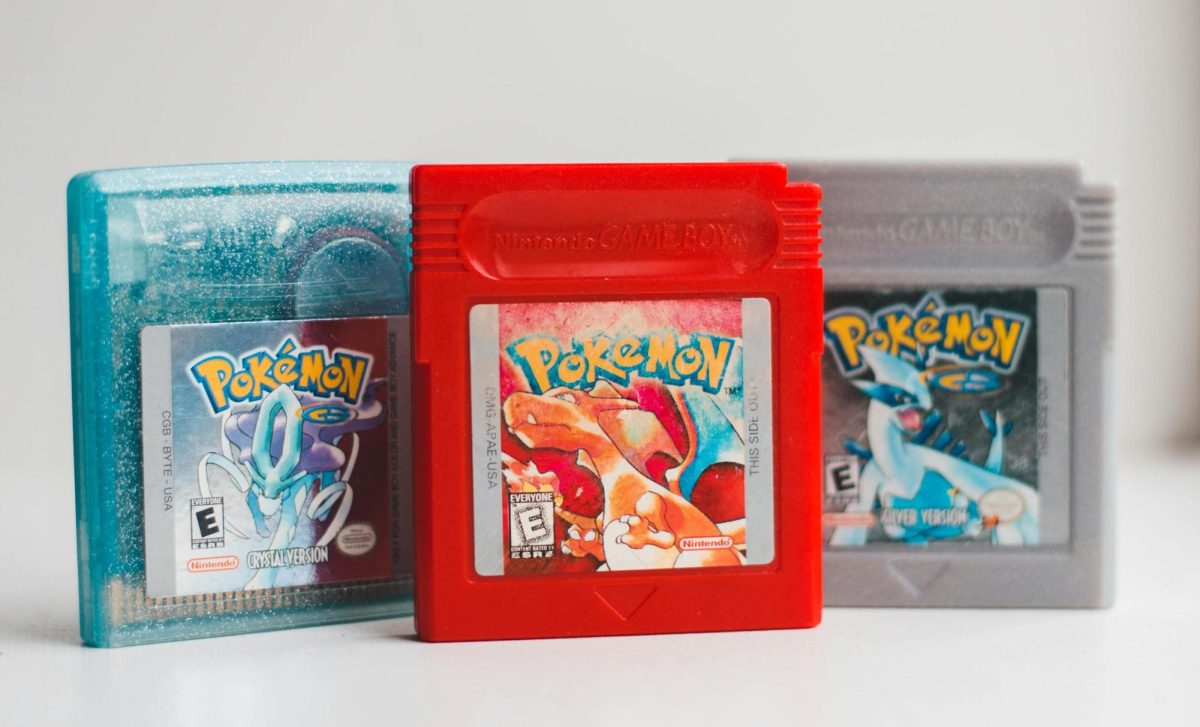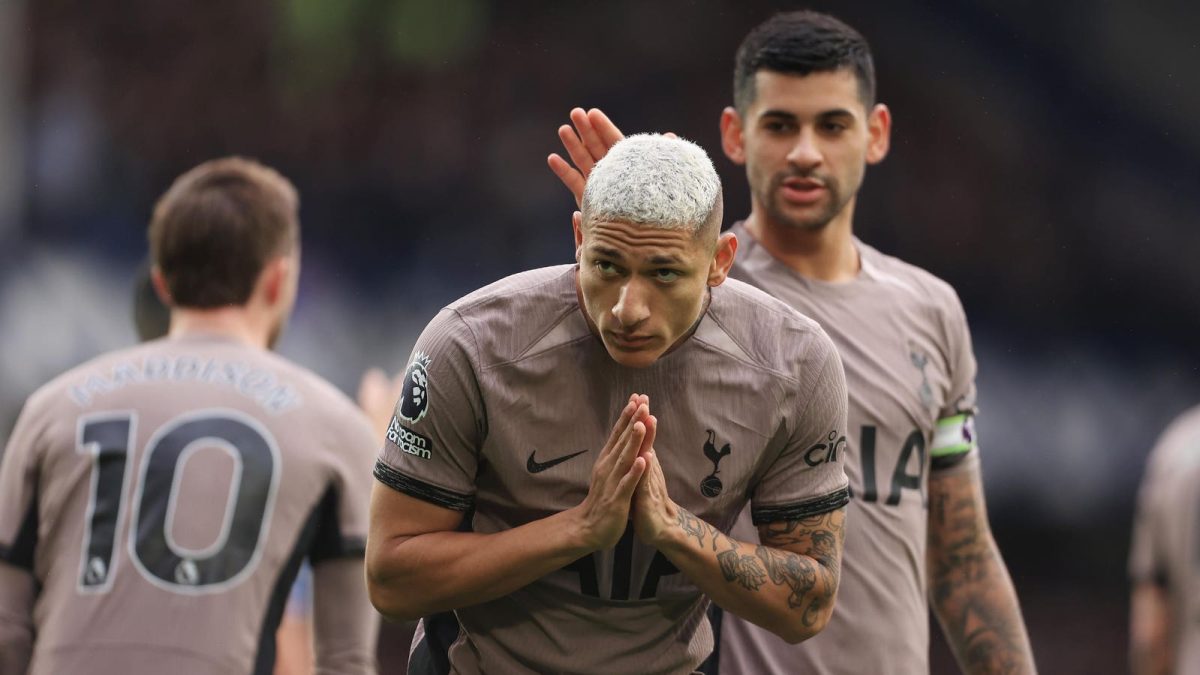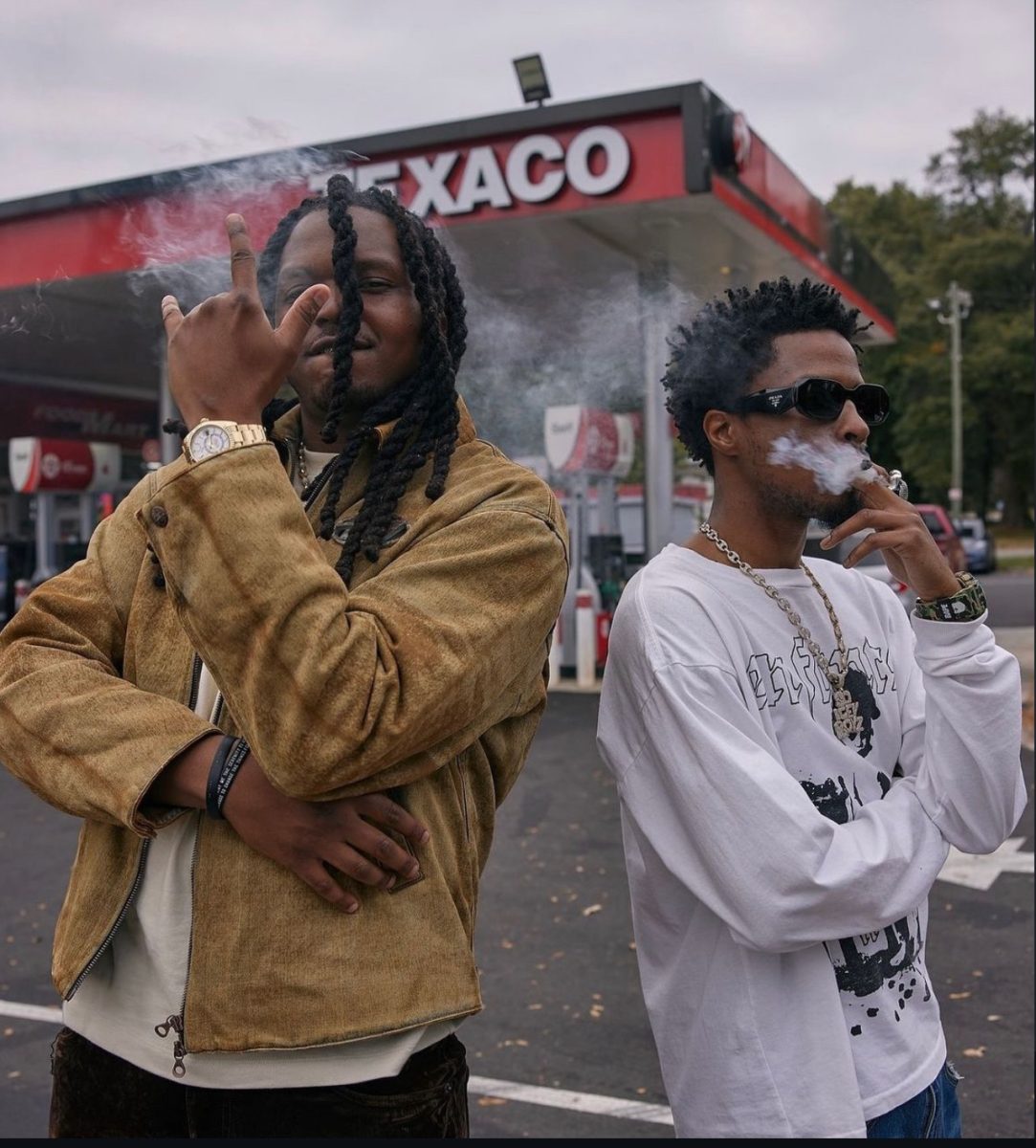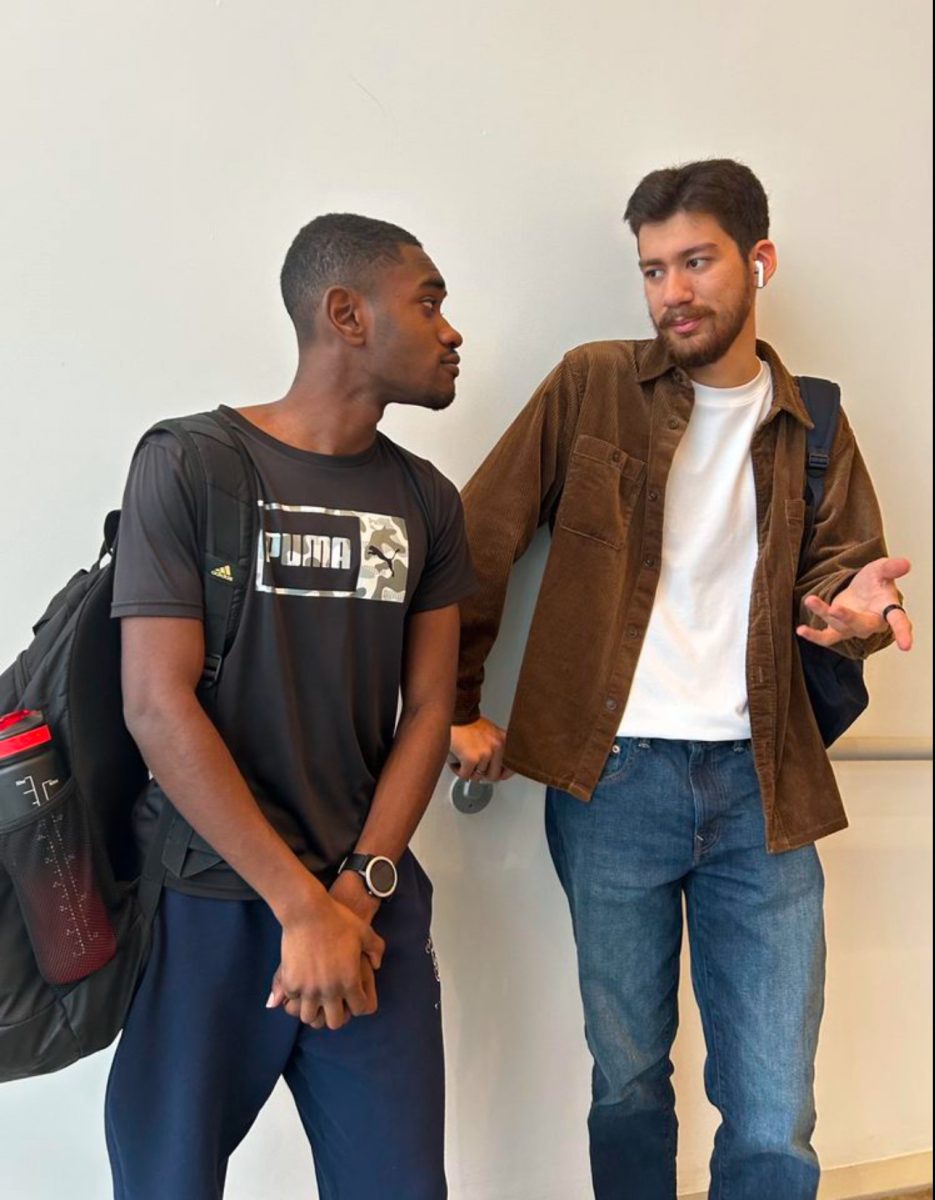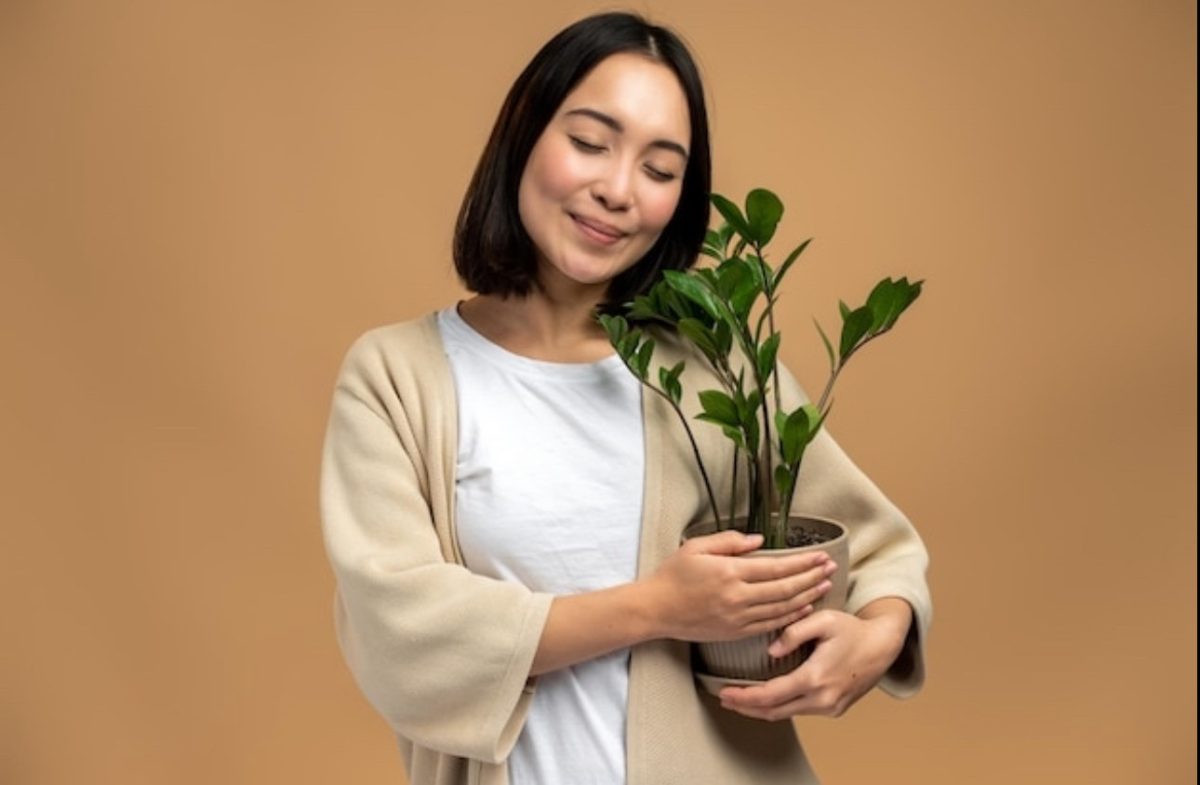Written by Alice Phann
Spanish is first period, and I need to make my move then. The pink pills are cradled in napkins, tucked like a balled fist in my front pocket, which are so small they might as well be fake. These useless pockets won’t be an inconvenience anymore though, nothing will be after I follow through.
Some might claim I risk going to hell for all eternity, but I believe in an empty abyss where I’m forever forgotten and lost among those who didn’t make world-shattering discoveries or write classic literature. I’ve already written all my good-bye letters, explained to everyone I care about why I’m doing this, so they would have their closure and move on with their lives, telling them in round-about terms why I’m a waste of space and why I’m better off gone.
I ignore that nagging part of me that grieves, wondering if the people I cared about will think of me, wondering if they’ll bury me in their hearts, wondering if my parents finally see the consequences of their actions, but the tiny interruptions of a child’s tug are no match for a mother’s dress, creasing with weariness and flowing with the wave of incessant thoughts.
My parents have been through hell, so I will be the martyr to break them out. My eczema flares on my fingers, reddening and cracking with irritation as I scratch at it relentlessly. I open my over-sized binder on the vandalized beige surface of my desk and flip to find my Spanish homework, which is shoved somewhere among the papers that are clinging to each other in the plastic pocket, never to be organized again. The searing throb in my fingers begged me to scratch, but I clenched my jaw and kept looking.
Finally, I tug the paper cleanly from its wedge and slap it on the table. What do I care about how I act? I won’t be here for much longer anyway.
Mrs. K, my high school Spanish teacher, greets the students as they file in, smiling warmly and straightening papers over the bulky neon-green teacher’s desk on wheels with her slender, aged fingers. My teacher’s thinning fiery hair doesn’t shift on her head, her fringe firmly staying over the frame of her golden glasses, shaping her long face and bringing out her pale brown eyes.
Her voice has a rasp to it, but it is soft, like the texture of foamy soap. She doesn’t seem to notice my little tantrum—then again, freshman tend to have a rowdy streak, and unfortunately that’s all I got to live for. Growing out of it sounds overrated anyway. I hope she’ll forgive me for lying to her today, and I hope she won’t think that what I’m about to do is her fault.
After the first period bell rings, Mrs. K pulls up her PowerPoint presentation, starting with the usual warm-up drill—my final drill—which I do my best to care about. I tear a piece of lined paper from my binder, ripping the three hole-punches and crinkling the crisp surface. I curse under my breath as the table wobbles with my jagged movements, as if frightened.
“Hola clase!” Mrs. K says. “I’ll collect the homework as you do the drill. Make sure to read the sentence on number cinco correctly.”
I feel like it takes me no time to finish the warm-up. Somehow though, when I look up, there are already people who have moved on to various other activities: idly scrolling through their phones, doodling in lazy circles, chatting among themselves, straightening their hair. Instead of doing anything useful like everyone else, I begin scratching at my hands again, which flare and swell and prickle, like I’m pouring salt into it rather than itching. In my attempt to alleviate it, it gets worse. It is never satisfied.
Why wasn’t I the first to finish? Eczema and I belong together in that way. It makes me want to cut my skin off and replace it, much like how my parents wish I’d be more focused on reading textbooks for leisure and be less boy crazy with my stash of romantic novels.
How unfortunate that this skin rash can’t be cured.
As Mrs. K begins calling on volunteers to answer the questions on the drill, her voice becomes muted as I take in the space around me, knowing this is the last time I’ll see it—or anything, for that matter. A chart of child-like shades of blue, green, yellow numbers in Spanish pressed against the chalkboard near the front of the room; a saturated Spanish alphabet stretching over the chalkboard to my left; a gradient pink, grey, green upside-down pyramid on the never-closed door of the classroom, explaining how fluent you are in Spanish. My throat tightens. I have no reason to miss this place—it plagues my mind with him.
My middle school was a pile of faded bricks and cracking cement, sitting across from some barren farm field on a small road that clogged with traffic every weekday at seven am, when the buses would dump students off and struggle to merge back into the two-lane road.
The halls inside had lockers the color of over-steamed broccoli and floors with patterns resembling wild rice with its specks of black and beige—somewhere, someone decided it was appealing. My eighth grade Spanish teacher, Mrs. H, was situated on the second floor, wedged in some corner by the eighth-grade classrooms.
Sam and I were seated next to each other, near the back of that classroom. As I skimmed my eyes over the handwritten alphabet on the chalkboard to the right, murmuring them to myself, Sam stared at his school-loaned laptop, playing some videogame that wasn’t allowed. His flat blonde hair almost blended in with his pale face, where pimples spread over his round cheeks like blood-red candies in sour yogurt.
At first, our conversations started as I told him Mrs. H was coming around, so she wouldn’t catch him with the game reflected on his thick, blocky glasses. Whether I told him or not though, you could smell her when she approached; the cigarette smoke that clung to her pierced our nostrils as if she were blowing it right in our faces. Sam always appreciated the effort though, and began greeting me as I came in.
Mrs. H wore mostly whirlpool shirts that reminded me of saturated flower gardens with twinkling gems sprinkled on her collar, which aged her about three years, but she was as sharp-minded as ever. I still distinctly remember her explaining a lesson on idioms and how they exist in all languages.
“You use them all the time, and you don’t even notice,” Mrs. H said. “For instance—how do you make a friend? Technically, you can’t make friends—you don’t build them out of clay!” She pretended to pack a ball of clay in her hands, pressing on the air as if there were something there. “That’s why, when you use a translator online, it won’t always make sense. You must know the language.”
I watched my teacher’s hands, which mimed the gesture of molding some tightly packed ball of clay so perfectly, despite nothing being there—I could almost believe it. Beside me, Sam barely glanced up, continuing to play the same game I’ve seen him play for the last couple months. His movements are robotic, completely engulfed, staring at the screen like his life depended on it.
Something about that so-called drive drew me in, and the thought of being someone that could pull him out of it, of facing that challenge and being rewarded with eternal love, sweet friendship, and salvation from hell—it made me ache and long, made me defy my parents until they believed Sam became my entire identity, made him believe that he could do anything he wanted with me.
I knew my parents would say matter-of-factly that I provoked him to touch me, so I never said anything. We continued to be in a “relationship” through the first part of freshman year. I never said anything about how he coerced me against the lockers in school, never said anything about his hands snaking under my clothes, never said anything about the soured expressions I got from everyone else, never said anything about how his wrath whenever I said “no.” All my parents cared about was how my attention was being diverged from school.
“You’re always depressed when you’re with a guy,” my stepmother said, steam coating her glasses as she lifts the lid off a large pot of salaw laggu, a richly red tomato-based soup that’s left to simmer until the vegetables were close to dissolving. She stirred it lightly, then brought the thick, oily liquid to her puckered lips as her face flushed from the heat.
“You can’t focus because you think about him; you’re ‘in love.’ You should know that there’s only a 1 in 100 chance that middle schoolers end up together.”
Anger riled inside me, but I clenched my jaw as my stepmother told me to slice the bread and put it in the oven—I was tempted to char it. I couldn’t argue though, not with the missing assignments in my math and social studies classes.
“Alice, it’s good to grow up and get married, but your education should come first,” my father said, later that night. I slouched against my bedframe, clutching the white, lightly fraying blanket to my chest. “He should support you through school, but he only seems to be making you slow. It took me months to get Sam off my back. He’d asked me to marry him, wanted me to promise myself, but I couldn’t. My guilt made me a puppet on a string, but Sam tugged at it relentlessly until it snapped, and the scars on my skin because of the ropes were left to burn.
I’m not weak enough to die because of him. I’m wilting under the comments some people made, yearning that I’d spent more time with friends who moved to other high schools, wishing that I’d cared more about things I loved to do—especially playing my instrument in marching band, which I enjoyed until Sam tainted it with his greedy hands.
I wouldn’t mourn him; I would mourn the memories he stole from me, even the ones with my parents, who I’ve struggled to reconcile with. I don’t know if I can forgive myself for letting this child steal my life from me, sneering at my uneven teeth and preaching I should believe in God so I wouldn’t burn in Hell. He called it care and I’d been stupid enough to believe him.
Not anymore.
I’m sure whatever I’m reincarnated as, if anything, is more pleasant than this. Mrs. K begins to hand out the classroom activity, telling use to get into groups to solve a crossword puzzle, having us translate English words to their Spanish ones. I’m not planning on staying through the class, so before I move my desk, I raise my hand.
“Don’t forget to sign out, Alice,” Mrs. K says, pointing to the clipboard by the door. The pills in my pocket writhe, and for a moment, I think my teacher sees it, but she turns back to the class to give further instructions.
I don’t look back as I quicken down the cold hallways, passing bright orange lockers the color of heated metal and posters pierced on the walls, announcing some club or speaking recycling reminders, drawn in bleeding markers. I pass an indoor balcony facing a large glass wall, stain with dried rain and sweet lung-coating pollen, overlooking a courtyard containing a flat crab next to a lop-sided playground under a hunched tree. I see the library, the silhouettes of my favorite librarians moving about.
I don’t stop moving.
I ram myself into the heavy door, frightening the girl on the other side, who stops washing her hands over the white sink, where only a rusted metal pipe held it up. She blonde and spindly, the teal oversized sweatshirt so large it puffed her like a marshmallow, almost matching the color of her wide eyes. I scurry into the smaller stall, mumbling an apology.
Then I pull out the pills.
I listen as the girl shuffles, probably running her fingers through her stick-straight hair, before she tugs at some rough paper towels to dry her hands. She lingers, maybe glancing at my feet in the mirror, furrowing her eyebrows at not hearing anything from me in the stall, not sure if she should care.
She decides not to. I think a quiet farewell to the last person I’d ever see.
I open the napkin and step out of the stall, so I wouldn’t try to dump the pills down the toilet. I look up at myself in the mirror. A round face with a heavy chin; dark eyes so brown they were black, sitting in the pouch of bags under my eyes; short greasy hair that only curls at the edges; a shirt with slit shoulders and leggings that dug into a stomach which resembles a balloon.
I wouldn’t care what I look like anymore.
The pills grow heavy in my hands, and I move them around with my fingers, letting the dampness on my fingers start melting. I imagine collapsing to the tile floor, inhaling the scent of the cold dampness for a second before I fade.
No more demands over schoolwork, no more side-eyes from people, no more videogame nights with my friends, no more books to read, no more flute playing—
Tears prick my eyes. I start to close my fist. Without another thought, I lift the pills to the light and dump everything into my trembling mouth. I couldn’t bring myself to swallow, so I chew, the powder bitter and thick, coating the inside of my mouth. I dry heave over the sink, but force myself to keep swallowing until my entire throat burned, until everything seems to burst into flames inside me. My brown knuckles turn as pale as the sink I’m gripping. I wait for the world to disappear.
It doesn’t.
My vision swims, swirling the mirror and the sink and the shadowy walls, trying to fuse them together. My heart pounds against my sternum, unrelenting. My hands quiver.
Just die already.
I stumble out of the bathroom. The sharp tang of body odor and cold air hits my nose as a student rushes by me. I’m trudging through quicksand at the rate I’m walking, but I haul myself down the long hall and back into Spanish class. There are no open water fountains. The bitter aftertaste becomes unbearable, sizzling in my mouth and tearing my throat, gnawing at my stomach.
The class is almost done.
I spot the water bottle of my friend’s, Zee, which now only has a few sips in it left. Her curly red hair seems to glow on her freckled skin, and I approach her with my tunneling vision. I need that water.
“Hey, can I have that water?” I ask, my lips weigh each syllable heavily.
“Yeah, sure,” Zee says, smiling up at me. Her thin lips falter. “Are you okay?”
I don’t answer, snatching the bottle and inhaling the last of the water. I crush the bottle and drop it back down, my head murky and throbbing, and fall back into my seat. “So, what’d you guys… uh, come up with?”
Zee eyes me. “Here, we’re almost done,” she says, passing her paper to me. The light is too bright and the wind rushing through the window sent waves of goosebumps rippling over my skin. The pencil mark on the paper is too light, blending with the dark lines of the crossword squares, dancing over the white surface and taunting me.
I’m still not dead. How is this possible? My allergy medicine always made me sleepy, and I’m sure if I took enough of it, it would send me to sleep forever. That’s had to be how it works. My throat feels like it’s swelling and aches to be soothed, but I let it burn, determined.
I make it to Algebra.
Just die already!
The counselor and the sheriff call me to the office. The brick stairs stretch and shrink as I move tentatively, gripping my binder like it’s a life vest, keeping me afloat. In the chilly office, the walls as blue as the sheriff’s uniform, I hear my father on the phone, stuttering and spluttering.
The counselor’s honey-coated voice comforting me, my notebook of goodbye notes in her arms, firmly held as if I might decide to snatch them at any second.
I know what the back of a sheriff’s car looks like. The plastic seat isn’t cushioned, the divider made a jail, and it’s as cramped as a porta-potty, and the sterilized scent sings my nose. I know what a hospital ER looks like, with its snappy nurses and fake-leather beds.
When I burrow my head into the flat pillow on the hospital bed, I drift off, and within a fraction of a second, relief warms my body. I can’t be taken out by guilt and heartache; I can’t let it swallow me the way Sam held me in his clutches. For many years to come, I let my parents believe that that action was caused by that guy, but I let myself know that I’d fallen into a rut and made it out alive.
I refuse to be a doormat.
